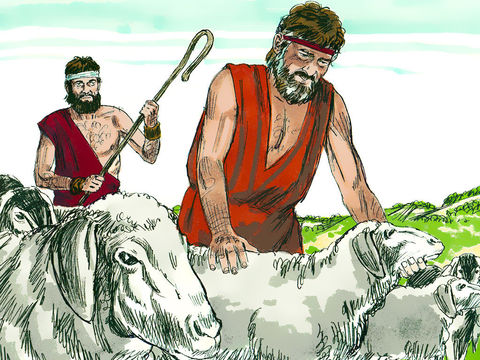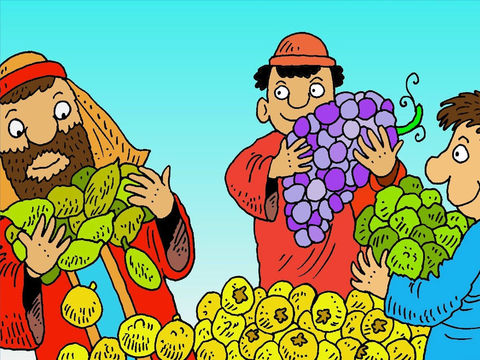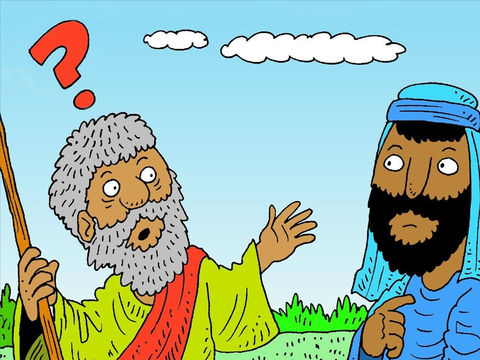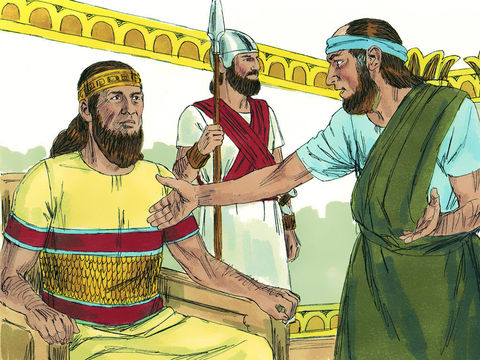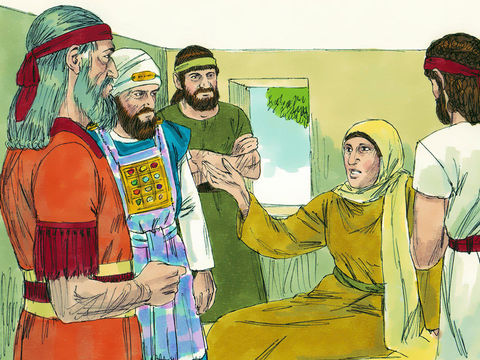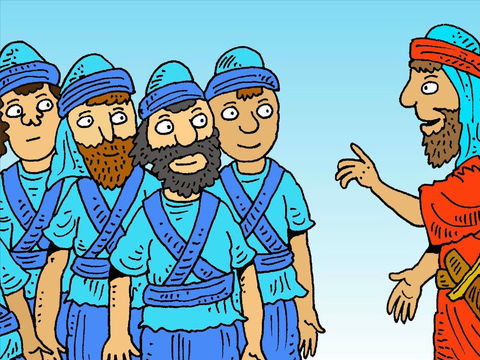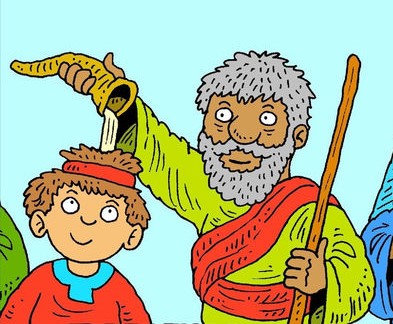Children’s Bible Program – Level 1: Lesson 43 “Samuel Judges Israel”
Featured Passage: 1 Samuel 3-4, 7
Samuel served in the temple from childhood. Under the guidance of Eli, Samuel began to learn about all the things of God. God was preparing Samuel for big responsibilities. One night, when he was still a young boy, Samuel heard someone call his name. Thinking it was Eli, he jumped out of bed and said to Eli “Here I am!” Eli hadn’t called him, but Samuel was about to find out Who wanted his attention. And that was only the beginning of the story of how Samuel came to be a prophet and a judge over Israel.
Discuss:

- Samuel had a special calling to be a prophet to Israel at a very young age. What was Samuel’s reaction when God spoke to him the first time?
- Samuel’s first prophetic message was about Eli and his family. Why were Eli and his sons punished?
- What are the duties of a prophet? Why does God have prophets?
- What are the duties of a judge?
Memory Challenge:
1 Samuel 3:10
Now the Lord came and stood and called as at other times, “Samuel! Samuel!” And Samuel answered, “Speak, for Your servant hears.”


